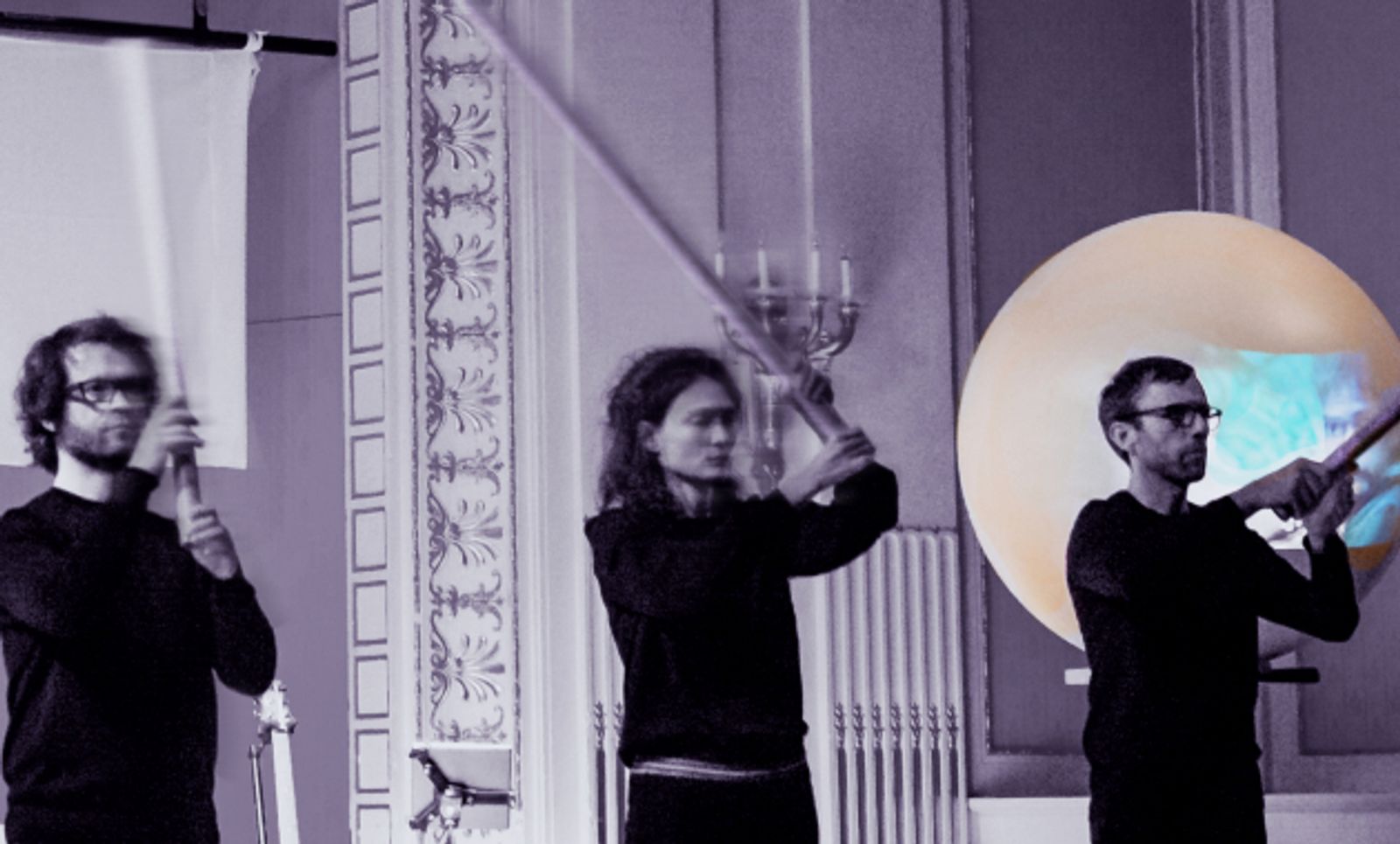Eva Reiter: Eupepsia Dyspepsia
Ancient and modern hybrid music tracing the collision of the Old World with the New
Eva Reiter: Eupepsia Dyspepsia (2021)
Narrator
- Anna Mendelssohn
Projections
- Anna Mendelssohn
Viola da gamba
- Eva Reiter
Recorder
- Eva Reiter
Additional instruments
- Eva Reiter
- Tom Pauwels
- Tom de Cock
Electric guitar
- Tom Pauwels
Pre-recorded samples
- Tom de Cock
Eva Reiter: Una boca para Don Januario Soriocó (2021)
Anonymus: Hanacpachap cussicuinin
Angelica Castello: Tarantella from Tres Texturas Arácnidas (2021)
Fredy Vallejos: Tres minicaturas (2019/20)
Marin Marais: Prélude a-moll (from Pièces de viole, troisième livre, 1711)
Angelica Castello: Pavana Onirica from Tres Texturas Arácnidas (2021)
Eva Reiter: Er tötet den Strauß mit einer Nadel (2020)
Robin Hoffmann: Birkhahn Studie (2005)
Eva Reiter: My iron-spurred lady (2018)
Angelica Castello: Canarie de Mercado from Tres Texturas Arácnidas (2021)
Jorge Sánchez-Chiong: NoPasaCalle – Primer Viaje (2020)
Diego Ortiz (um 1510 oder 1525–nach 1570): Recercada segunda (from: Tratado de glosas [...], 1553)
The medical term ‘Eupepsia’ refers to having a well functioning digestive system. This piece, by the Viennese composer, artist and instrumentalist Eva Reiter, performed by the Belgian Ictus Ensemble including Reiter, develops the idea of eupepsia as a metaphor for transatlantic colonial power-relations.
Taking an archive of European baroque music discovered in Chiquitos, Bolivia as a starting point, Eupepsia Dyspepsia investigates modes of appropriation, silencing of indigenous voices, and stereotypes that were (and still are) in play in encounters between South American and European cultural practices. Music was used by the Jesuit missionaries of the counter-reformation as a means to convert and ‘civilize’ the native. But even though it was toxic and destructive, the European disruption of indigenous peoples produced new and fragile worlds, that were in turn articulated in music.
Eupepsia Dyspepsia creates hybrids: between baroque and contemporary music; European and New-World-compositions; text-sound-collages – not as solutions or remedies, but as hard-to-digest sound-objects ruminating on the long lasting effects of cultural violence.
Texts by: Alejo Carpentier, Karin Harrasser, Florian Paucke, José Manuel Peramás and Eduardo Viveiros de Castro
Supported by
- Sounds Now
- Creative Europe Programme of the European Union









